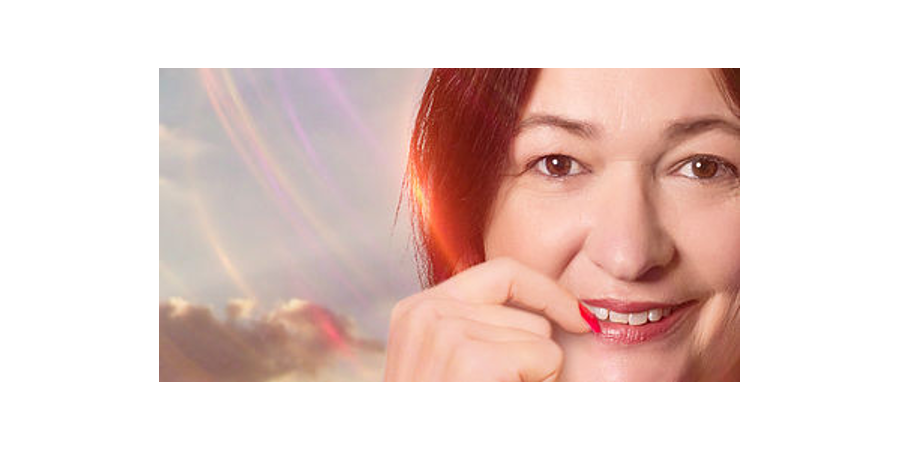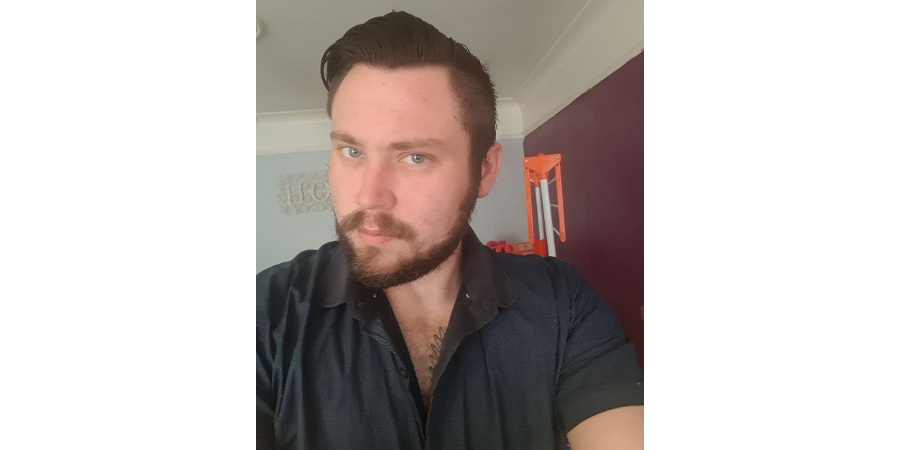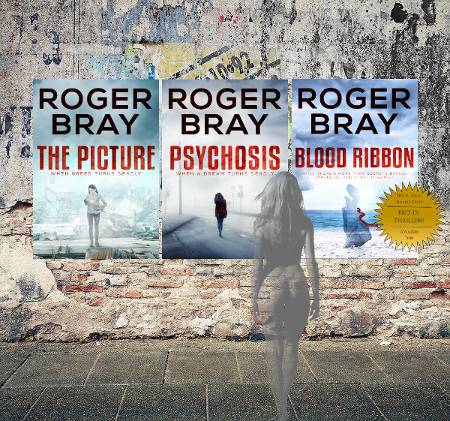The best way to introduce John Mayer is for him to introduce himself:
Hello and thanks for asking me to do this. I’m John Mayer, Author, Supreme Court Advocate in Edinburgh, Scotland and Greek Island Fisherman. I still advise organisations such as Greenpeace and several Summer Festivals. I’m the proud author of The Parliament House Books where my central character – Brogan McLane QC – fights injustice against Low Life in High Places in the Old Town.
Background information on John Mayer:
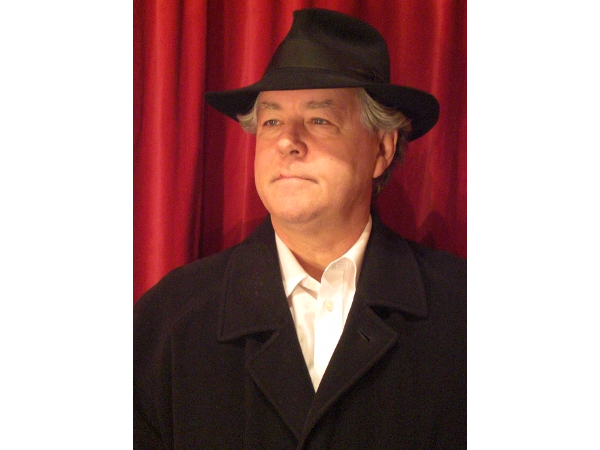
I was born into severe poverty and malnutrition: which very nearly killed me. I mean that at aged only seven months and suffering from raging pneumonia, I was so near death that I wasn’t expected to last the night. I have a very rare blood type and the hospital I was in didn’t have any. I only survived because a visiting doctor did something quite unconventional. He hooked up a line between my mother and myself, then pumped her blood into me and my penicillin soaked blood into a bucket. I was allergic to the stuff they’d been pumping in to me.
That was the first of several times that I’ve been close to death. For instance, I’ve been shot, twice; once in New York City and once in Glasgow. Don’t ask what happened to the other guys. Those experiences and being naturally clever and ambitious have led me through a very unusual life. Knowing that teams of doctors can be wrong, led me at an early age to always question authority.
Later in life as an Advocate in Parliament House, when questioning expert witnesses, I never ask anything to which I don’t already know the correct answer and can prove it.
That was the first of several times that I’ve been close to death. For instance, I’ve been shot, twice; once in New York City and once in Glasgow.
I’ve always been an outsider and rather enjoy my Parliament House nickname; which is Maverick. I believe that to be a really good writer of drama, one must not only master the syntactical craft, but also convey real events and not just imagined ones. When I started to write The Parliament House Books, I swore to myself that I would only fictionalise events which had really happened to me, my clients or other Advocates and their clients. I’ve varied that proposition somewhat as the series has developed, but a sense of that rule is at the core of every story I write.
The actual Parliament House in Edinburgh houses Scotland’s Supreme Courts and is 500 years old. Hundreds of horrific and dramatic events have happened in that old place and after practising law there for twenty years, I know them all.
I am slightly autistic and believe my depth of perception is greater than people who aren’t. That leads me to observe people and events from the outside as well as the inside. When I was a kid, I was smarter than everybody else around me, which made many other kids jealous and led to so many fights I can’t remember them all. When I was older, I was more ambitious; in fact fiercely so. That too put me on the outside of the pack. I’ll always remember my English teacher, Mr Thomson, telling me that I was a born storyteller but there was more money in being a lawyer: ‘You could be either’ he said. I’m sure he’d be proud if he knew I’d been both.
John Mayer’s writing style:
From reading about other successful authors, I’m fairly sure I don’t write in a conventional way. That’s no surprise to me because throughout my life I’ve never done anything in a conventional way. I don’t plot, I don’t plan, I don’t follow the usual Shakespearian three act play format. You’ll see reflections of these things in the picture, but I’m not by any means a slave to format. Again, that’s because I’m a free man in every respect. If I feel like going out in a heavy sea to catch octopus from my fishing boat, then that’s what I do. I sometimes write when I’m quite drunk because I express the truth more brutally that way. I check what I’ve written when I’ve sobered up, but I rarely change much.
My wife has barred me from social media because she thinks I reveal too much truth. I don’t think so, but marriage is compromise, so I only write mundanity on it. It’s actually quite a challenge for me to write mundanity, so it’s good for me in a ridiculous kind of way.
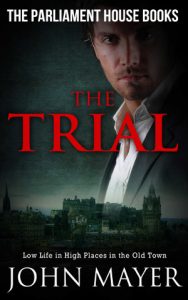
I start each book with a word. One single evocative word, which becomes the title: ie, The Cross, The Trial, The Cycle, The Order, The Bones, The Trust. I’m sure the fact that all of my titles begin with ‘The’ and the operative word has five letters has a lot to do with my autism. Each is a subject which is capable of developing many subordinate stories under an overarching principal event. I start with a feeling that the reader will enjoy a book about a particular subject.
I then write a three line peripatetic scheme consisting of a Premise, a Development, and a logical Conclusion. Can you tell that I’m a big fan of Aristotle? If I can twist that scheme to my satisfaction, then I begin. I do enjoy writing ethereal chapters where it’s not clear who is dying, or feels guilty, or is making a decision. I also enjoy the thrill of sometimes unexpectedly, reaching a moral counterpoint between those in their ‘High Places in Parliament House’ and those – perhaps junkie parents – who are telling the truth. I don’t plan those chapters. In my crazy mixed up muddled up intellect, they just demand to be written. Many people in reviews have called that genius. It’s not. It’s just very unusual and quite attractive, I suppose.
It follows, of course, that I don’t have any rituals about writing times or periods. I write when the mood takes me. If, instead of writing, I fancy going out to walk in the rain, then that’s what I do. I once wrote a very successful non-fiction book called Nuclear Peace and went on a ten-week promotional tour of America. My biggest audience was 44 million people; on American School Radio. Sometimes when I want to daydream, I imagine them listening to me reading from that book and taking their phoned-in questions. Well, I see I’m approaching a thousand words, so I’ll stop there.
Q&A with John Mayer by Roger Bray:
Q: Where is your first novel set and how did you decide on its setting?
The Trial is set in both of Brogan McLane’s worlds. Parliament House in Edinburgh and the Calton Bar, in Glasgow. He practises law at the Bar of the Scottish Supreme Court, but often finds that his friends in the Calton Bar have more integrity than his opponents in Parliament House. I carried the slogan for this series of books around in my head for many years before writing the first line. That slogan is of course ‘Low Life in High Places in the Old Town’.
Q: Have you ever been tempted to jazz up your own life for readers?
I don’t need to jazz my life story up. My story is every bit as colourful as anyone’s. I was born in a Glasgow gang war zone and by aged only four I had seen my first murder being committed. By aged fourteen, I’d seen a few more. In that regard I’ve err, done a few things I can’t talk about. However, I was always very bright. I walked out of school aged fourteen because they were teaching me nothing. I went straight home and told my mother why I’d walked out. She hugged and kissed me before suggesting that I ride my bike nine miles to and nine miles from Glasgow’s biggest library (The Mitchell) every day. That way I was free to learn what I thought was important – and I did.
Q: If you were trying to describe your writing to someone who hasn’t read anything by you before, what would you say?
I write intelligently, trying to convert feelings into words. I can convey the atmosphere in the spaces – grand and small, lavish and filthy – which my characters occupy because I practised law at the highest level in Parliament House and I’ve been in every jail in Scotland. I know very well the awful consequences when legal judgements are twisted or outright usurped.
Q: Most writers have their own favourite author or book. Do you?
The Catcher in the Rye by J.D. Salinger is my all-time favourite book. The first time I read it I actually screamed out loud into the last page. I was sitting under a tree and people looked over thinking I was hurt. I was hurt. Salinger’s character Holden Caulfield is the most vulnerable I’ve ever read. The book is a testament to Salinger’s genius in capturing the vulnerability and naivety of the United States in the early 1950s.
Q: Can you give us an idea of how you write?
I’m not one of these ‘production line’ authors who writes for a certain number of hours per day. I don’t see how that could possibly produce quality. Such authors forget that to be published is to be judged by history. To me that’s the most serious matter imaginable. I write when I’m ready and not before. I try to paint the hopes and aspirations of my characters onto the page. I lose myself in my writing so it doesn’t matter whether I write down in Greece or at home in Edinburgh, Scotland.
Q: Who gave you your first encouragement as a writer?
That’s an easy one. I went to school in a Glasgow gang war zone. At aged eleven, after taking the 11+ Exam in Scotland, my mother and I went to see my school teacher, Miss Ralph. In Scotland, all women teachers were Miss in my day. In answer to my mother’s question ‘What do you think he should be?’ Miss Ralph’s eyes misted over: the boy is a born storyteller. A lawyer or a writer. He should be both, if he can.’ My mother and I walked home on air that day. We couldn’t have known that at High School another teacher would say the same thing only a few years later.
Q: What was your first recognition or success as an author?
I’ve written all kinds of things; from non-fiction in hardback, journal articles, legal text books and now The Parliament House Books series of novels. In 2002 in New York City I was on a ten-week book tour of the USA promoting a non-fiction book called Nuclear Peace. My publicist down in Austin, Texas called and sent me to what I thought was just another radio gig at a place called APSR in Brooklyn. When I got there, it was a huge empty studio large enough to hold an entire orchestra and choir. Someone sat me at a desk with a single mic where I had to perform the 28 minute monologue I’d been practising over an entire weekend. My reading went well I thought and at the end I got a two-thumbs-up from the Director. As I was putting on my coat, I asked what APSR meant, if anything. ‘Oh didn’t you know? You’ve just done a double session for American Public Schools Radio. You’re going out next week to over 40 million people. On that trip, I broadcasted on TV and radio to millions of people at a time but none gave me more pleasure or generated more sales than that APSR gig.
As I was flying home after the ten week tour, my best recollection was that vast empty studio with over 40 million people on the other side of the mic. What a feeling!
Thanks for asking me. Enjoy The Parliament House Books.
Conclusion by Roger Bray:
I invite readers to explore the work by John Mayer, I have included links below. I am grateful for the opportunity to interview him and have taken value from his words.
Find out more about John’s book on the series WEBSITE or on ![]()
Please join the conversation and leave a comment below. Delve into further author interviews, learning from others and engaging with fellow authors.
